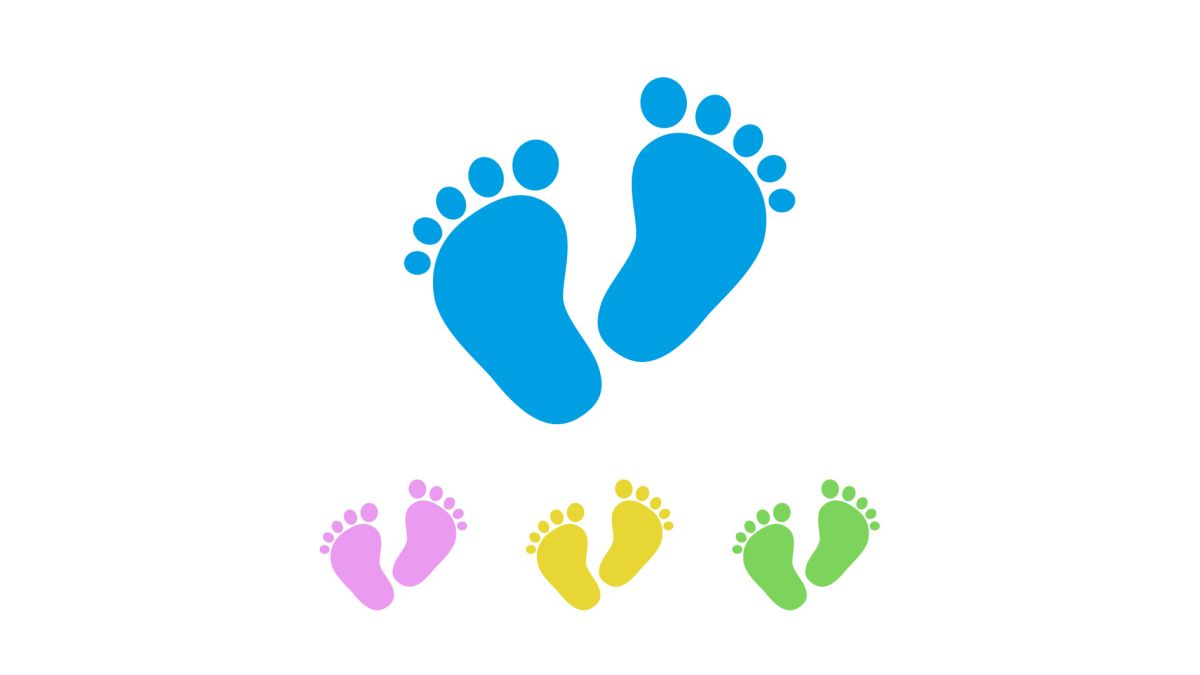When Exactly Should the Father Name the Child?
Dr. Abū Wāʾil Musa Shaleem


Because of conflicting reports, the scholars dispute this affair. Some reports state that the child should be named after seven days of his birth. ʿAmr ibn Shuʿayb’s grandfather (رضي الله عنه) reported: “The Prophet (ﷺ) ordered us to name our children after seven days of their birth.”1
Also, the Prophet (ﷺ) said: “Every baby boy is held ransom until his ʿaqīqah is performed for him, his head is shaven, and he is given his name on the seventh day.”2
Other reports state that the child can be named on the day of his birth. The Prophet (ﷺ) said: “My son was born last night, so I named him after my father Ibrāhīm [i.e. Prophet Ibrāhīm].”3
Abū Mūsá al-Ashʿarī (رضي الله عنه) said: “When my son was born, I took him to the Prophet (ﷺ). The Prophet (ﷺ) named him Ibrāhīm, chewed some dates, placed the chewed dates in my son’s mouth, asked Allāh to bless my son, and then returned my son to me.”4
Anas ibn Mālik (رضي الله عنه) narrated: “Umm Sulaym (رضي الله عنها) had a son, so Abū Ṭalḥah (رضي الله عنه) took him to the Prophet (ﷺ). The Prophet (ﷺ) chewed some dates, place the chewed dates in the baby’s mouth, and named the baby ʿAbdullāh.”5
Consequently, the scholars dispute this affair; however, Ibn al-Qayyim (رحمه الله) reconciled this dispute saying:
When the function of a name is to identify someone, naming that person the day he was born is allowed. He can also be named three days after his birth. He may even be named seven days after his birth. In fact, he can be named before or after that, as the issue is flexible.[6]
Therefore, a father can name the child at any convenient time.
Endnotes:
1 Reported by al-Tirmidhī (2832), and Shaykh al-Albānī deemed it authentic.
2 Reported by Abū Dāwūd ((2837) and (2838)), Ibn Mājah (3156), al-Nasāʾī (4220), and others, and Shaykh al-Albānī graded it authentic.
3 Reported by Muslim (2315).
4 Reported by al-Bukhārī ((5467) and (6198)) and Muslim (2145).
5 Reported by al-Bukhārī ((5470) and Muslim (2144).
6 Tuḥfah al-Mawlūd, pg. 111.
Most Popular: Last 30 Days















